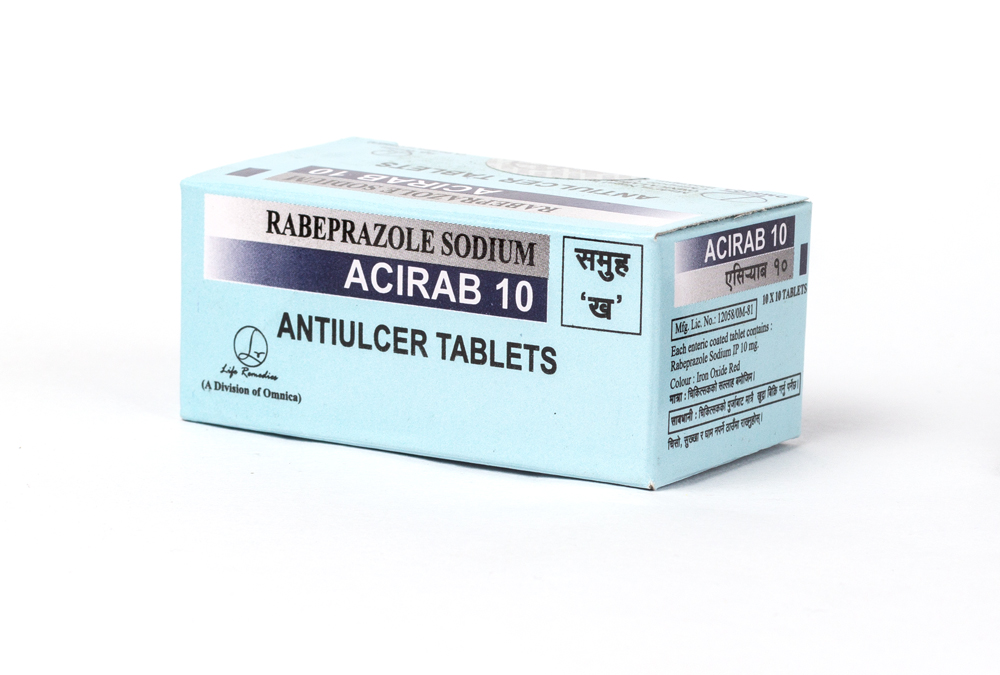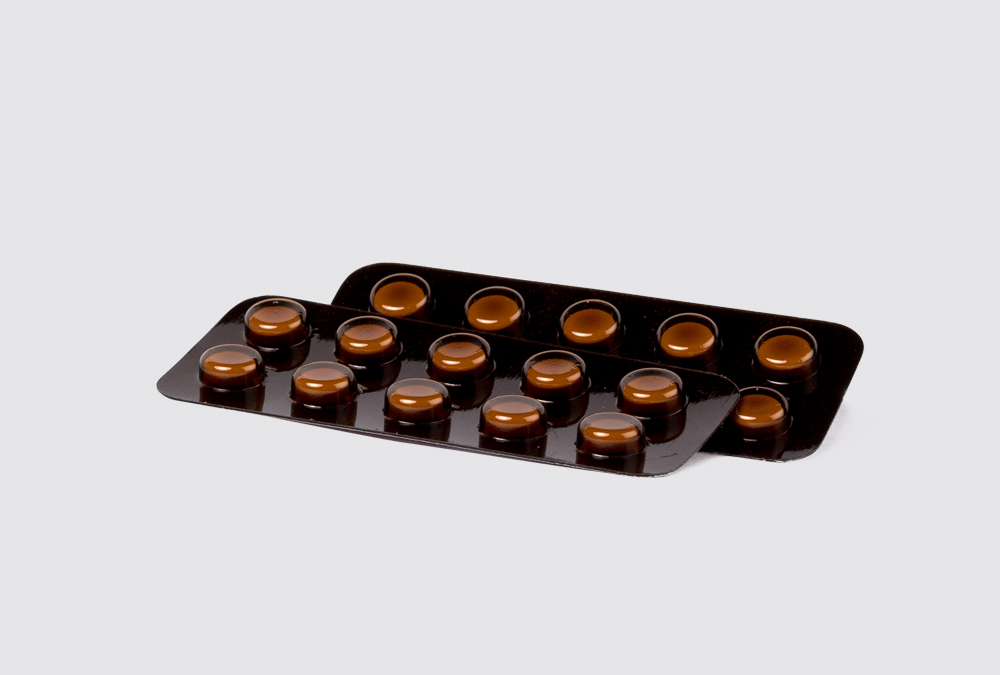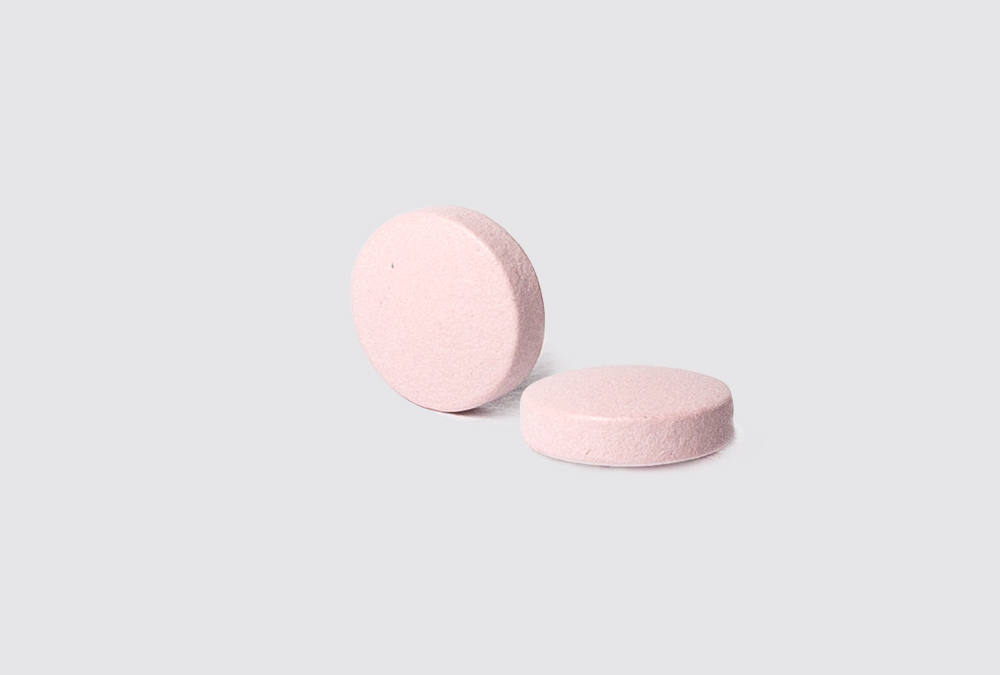Brand Name : ACIRAB
Generic Name : Rabeprazole
Preparations : 10 mg / 20 mg Enteric Coated Tablets
Pharmacological Category : Antacid, Antireflux Agent, Antiulcerant, Proton Pump Inhibitor (PPI)
Mechanism of Action (MOA)
ACIRAB (Rabeprazole) is transformed into an active sulfenamide in gastric parietal cells. ACIRAB suppresses gastric acid by inhibiting the gastric H+/K+ATPase (proton pump) at the secretory surface of the gastric parietal cells.
Pharmacokinetics
- Absorption : Rapidly absorbed from the gastrointestinal tract
- Peak Plasma Time : 3.5 hours
- Bioavailability : 52%
- Protein Binding : 97%
- Metabolism : Liver
- Elimination Half-life : 1 hour
- Excretion : urine 90%; faeces 10%
Indications and Dosage
Adults
- Severe (Erosive or Ulcerative) Gastro-Esophageal Reflux Disease (GERD) : One tablet of ACIRAB 20 mg once daily for 4 to 8 weeks then ACIRAB 10 or 20 mg daily depending on the response
- Symptomatic GERD without Erosive or Ulcerative Esophagitis : ACIRAB 10 to 20 mg daily for 4 weeks and once symptoms have resolved ACIRAB 10 mg daily may be given as necessary
- Active Peptic Ulcer Disease : One tablet of ACIRAB 20 mg daily for 4 to 8 weeks for duodenal ulcer and 6 to 12 weeks for gastric ulcer
- Helicobacter pylori Eradication : One tablet of ACIRAB 20 mg twice daily combined with other two antibacterials in a 1-week triple therapy
- Zollinger Ellison Syndrome : ACIRAB 60 mg daily; doses up to ACIRAB 120 mg in divided doses daily
Side Effects
1-10% : Headache, constipation, diarrhoea, flatulence, pharyngitis, abdominal pain
Less than 1% : Agitation, agranulocytosis, alopecia, anemia, angioedema, chest pain, delirium, erythema, hypokalemia, hypomagnesemia, hyponatremia, jaundice, leukocytosis, leukopenia, migraine, osteoporosis related fracture, rhabdomyolysis, Stevens-Johnson syndrome, sudden death, toxic epidermal necrolysis, abnormal taste
Contraindications
Hypersensitivity to rabeprazole and other PPIs
Warnings / Precautions
- PPIs are possibly associated with increased incidence of clostridium difficile associated diarrhoea (CDAD) so consider diagnosis of CDAD for patients taking PPIs with diarrhoea that does not improve.
- Caution in liver disease and gastric malignancy.
- PPIs therapy may be associated with an increased risk of osteoporosis particularly with prolong (more than 1 year) and high dose therapy.
- Hypomagnesemia may occur with prolonged use (more than 1 year) causing adverse effects such as tetany, arrhythmias or seizures.
- Use over long period of time (longer than 3 years) may lead to cyanocobalamin deficiency.
- May increase the risk of salmonella and campylobacter infection.
- Acute interstitial nephritis has been observed in patients taking PPIs.
- Caution in lactation.
Drug Interactions
- Increased international normalized ratio (INR) and prothrombin time with warfarin leading to abnormal bleeding and even death.
- Rabeprazole inhibits metabolism of cyclosporine.
- Rabeprazole decreases the absorption of ketoconazole, atazanavir, iron salts, erlotinib, mycophenolate mofetil and increases that of digoxin.
- Combined administration with amoxicillin and clarithromycin results in increased plasma concentrations of rabeprazole and 14-hydroxyclarithromycin.
- PPIs may elevate and prolong serum levels of methotrexate and its metabolite.
Pregnancy Category : B
Presentations
- ACIRAB 10 mg : A box of 10 strips, each strip of 10 tablets
- ACIRAB 20 mg : A box of 10 strips, each strip of 10 tablets



